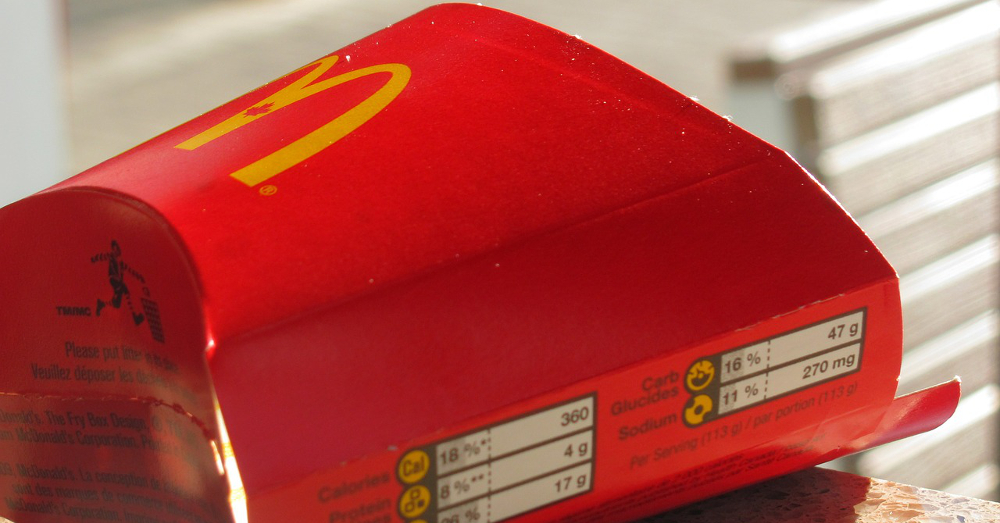
Can McDonald’s Help Solve Climate Change?
The fast-food giant is embarking on a small but potentially significant project to measure and analyze the ability of cattle farming to sequester carbon in soil, using a style of grazing called adaptive multi-paddock — AMP, for short. If it works, it could transform the way McDonald’s ranchers raise cattle and produce beef — while avoiding the release millions or even billions of tons of greenhouse gases into the atmosphere.
December 4, 2017 | Source: GreenBiz | by Joel Makower
For more than four years, McDonald’s has been traversing a long and arduous path to produce “sustainable beef” in its sprawling global supply chain.
Now, it’s looking for solutions right under its feet.
The fast-food giant is embarking on a small but potentially significant project to measure and analyze the ability of cattle farming to sequester carbon in soil, using a style of grazing called adaptive multi-paddock — AMP, for short. If it works, it could transform the way McDonald’s ranchers raise cattle and produce beef — while avoiding the release millions or even billions of tons of greenhouse gases into the atmosphere.
All this may sound too good to be true, and it’s early days, but I’ve been watching this unfold for several years, ever since I first heard about AMP from Peter Byck, the filmmaker-turned-carbon-crusader who produced the 2010 documentary “Carbon Nation.” (Confession: I have a cameo in the film.)
Byck’s movie showcased the myriad solutions that were helping address the climate crisis, in some cases by skeptics who were doing these things for reasons other than environmental. Several farmers played starring roles, showing the methods they were employing to enhance soil and raise productivity, in part through raising cattle. That led Byck to further investigate some of the methods.
In 2014, having joined Arizona State University’s School of Sustainability and its Cronkite School of Journalism as a “professor of practice,” Byck produced a 12-minute short, “Soil Carbon Cowboys,” which highlighted some of these innovative farmers. A year later, Byck assembled a team of scientists to study the impacts of AMP grazing on farms and ranches across the United States, with the goal of drawing down greenhouse gas emissions through grazing and agriculture.
Earlier this year, McDonald’s stepped in to help fund the project through a matching grant of $4.5 million over three years, or 25 percent of the project’s overall funding goal.
